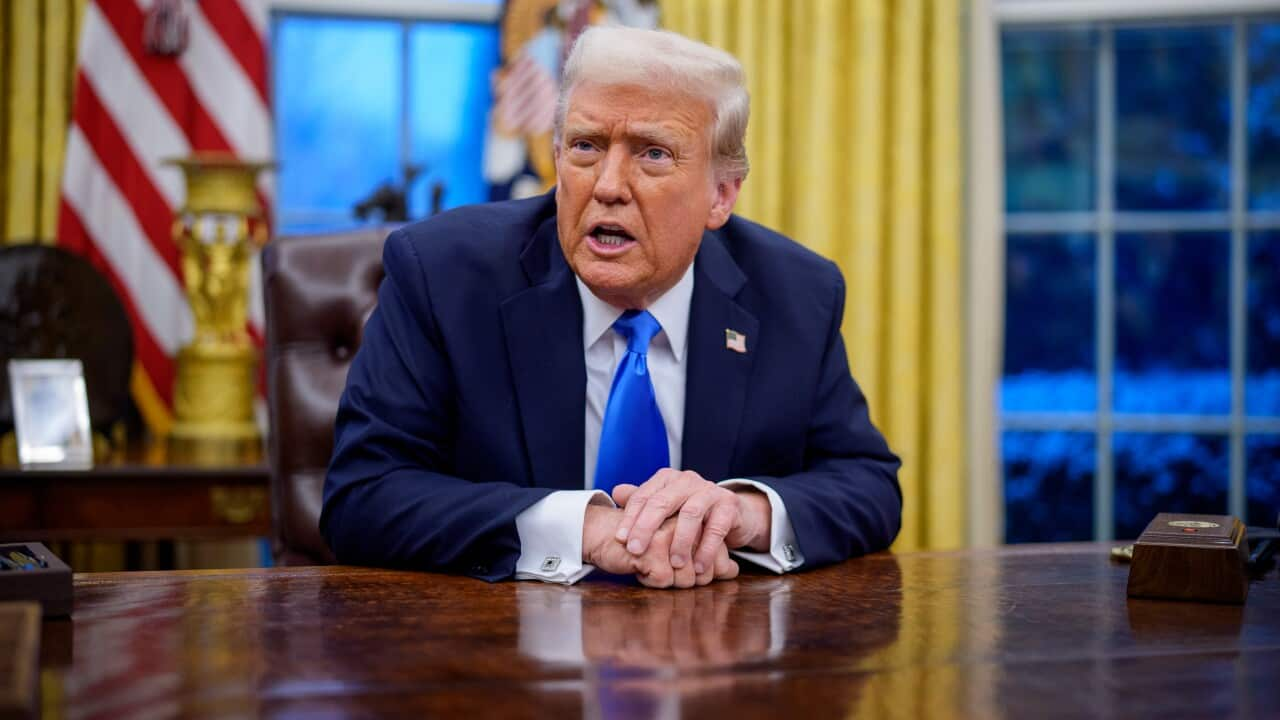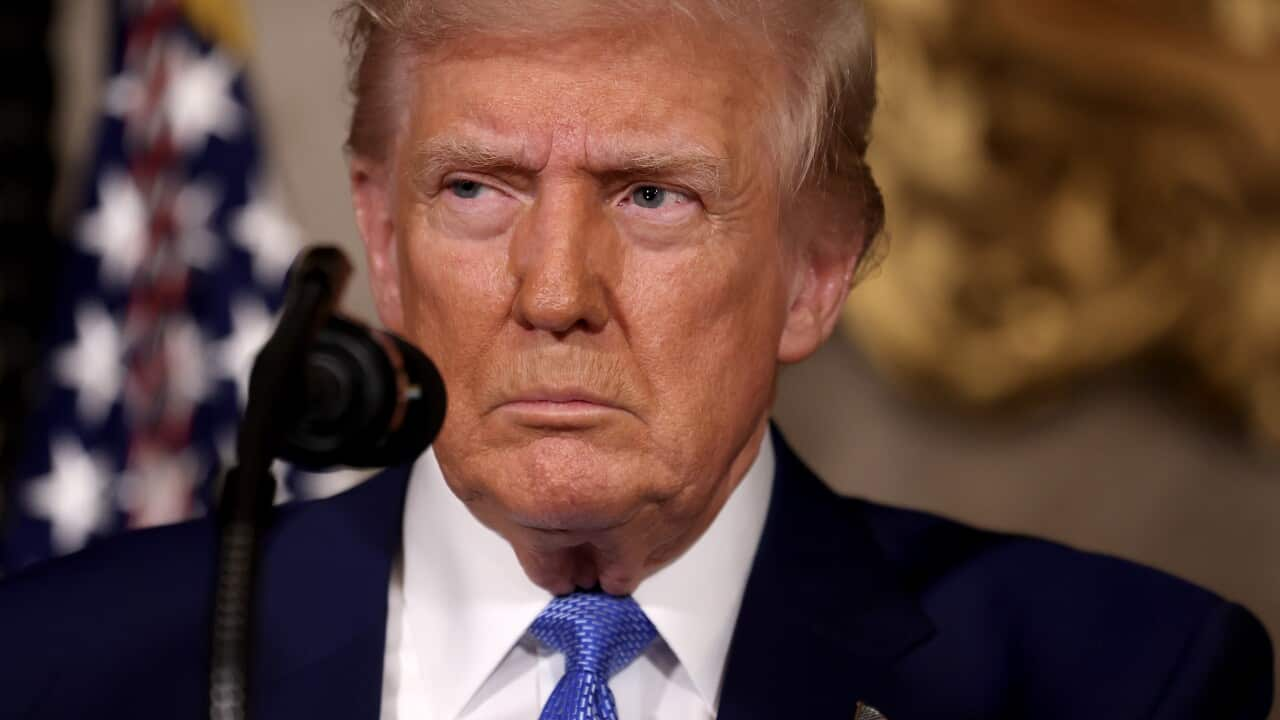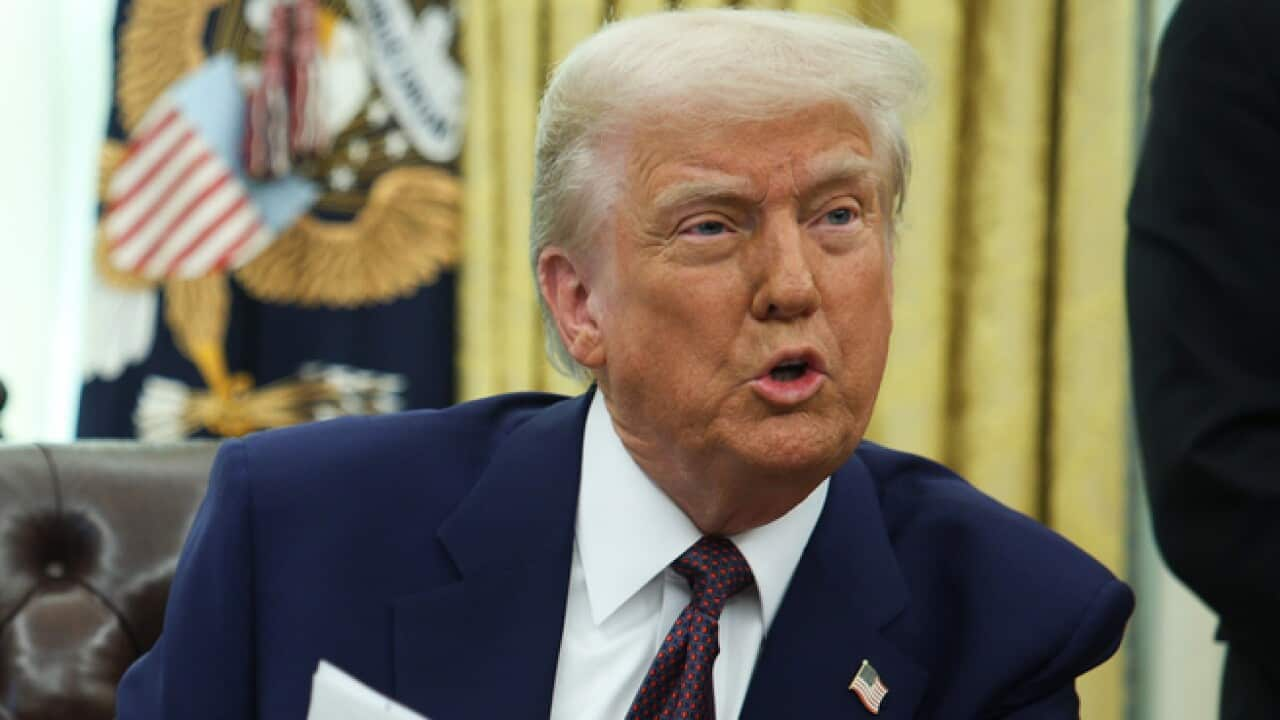The Republican-controlled United States Senate confirmed Kash Patel, President Donald Trump's pick for Federal Bureau of Investigation (FBI) director, putting a Trump loyalist at the helm of the nation's most prominent law enforcement agency at a time of growing upheaval.
Patel was confirmed by a 51-49 vote. Two moderate Republicans, senators Susan Collins of Maine and Lisa Murkowski of Alaska, joined all Democrats in opposing Patel, but it was not enough to overcome broad Republican support.
Collins and Murkowski, in opposing Patel, expressed concern about his past political advocacy for Trump and its potential effect on the FBI's law enforcement activities.
Republican supporters argued he would reform an agency that has been hampered by a decline in public trust.
Democrats had forcefully opposed Patel's nomination, saying his past calls for retribution against Trump's critics made him unfit to lead the FBI.
"Mr Patel will be a political and national security disaster," senator Dick Durbin, the top Democrat on the Senate Judiciary Committee, said in a statement.
Patel's vow to leave politics out of leadership
Patel has vowed politics will play no role in his leadership of the FBI, but his closeness to Trump has prompted concerns from Democrats and many legal experts.
Patel has said he will increase the FBI's role in countering illegal immigration and violent crime, top Trump priorities, by "letting good cops be cops".
He has said he will scale back investigative work at the FBI's Washington headquarters, where many counterintelligence, national security and public corruption investigations are housed.
Patel's nomination is itself evidence of Trump's attempts to exert greater control over federal law enforcement. The FBI director, who serves a 10-year term, is not typically a role that turns over with the change to a new presidential administration.
Trump nominated Patel after winning the November election, effectively forcing former director Christopher Wray, who Trump had appointed to the role in 2017, to resign. Trump had fired Wray's predecessor, James Comey.
Challenging independence
Patel takes charge as Trump-backed officials seek to put their stamp on the FBI and its parent agency, the justice department, challenging decades-old traditions of independence and reorienting its mission towards Trump's core priorities.
At least 75 career justice department lawyers and FBI officials, who normally keep their roles from administration to administration, have either resigned, been fired or stripped of their posts in the first month of the Trump administration.
Justice department leadership has ordered broad policy changes, demanded loyalty to Trump's agenda and sought to drop a corruption case against New York mayor Eric Adams, a Democrat who courted Trump, citing his cooperation on immigration enforcement.
"Donald Trump himself and those around him have been very clear that they do believe that the president should affect prosecutorial decisions and prosecutorial outcomes," said Noah Bookbinder, a former federal prosecutor and head of the ethics group Citizens for Responsibility and Ethics in Washington.
"They were offended by the efforts to prosecute Donald Trump and those close to him, and they see it as part of their mission to exact vengeance."
Trump-appointed officials have said many early moves are aimed at pursuing the administration's policy goals and ending what they have described as abuses against Trump and his supporters.
Trump and his allies planned during his campaign to install loyalists in the department and weaken the autonomy of a career workforce they have long viewed with suspicion.
Trump has been ensnared in justice department investigations dating back to his first campaign in 2016 and faced two federal criminal cases during his years out of power which were dropped after he won the election before reaching trials.
"This DOJ [Department of Justice] will return to its core function of prosecuting dangerous criminals, not pursuing politically motivated witch hunts," a senior official, Chad Mizelle, said in a statement last week. Department officials did not respond to a request for comment.
Prosecutors working on Trump cases repeatedly denied any political influence over those prosecutions.





